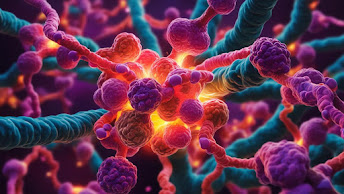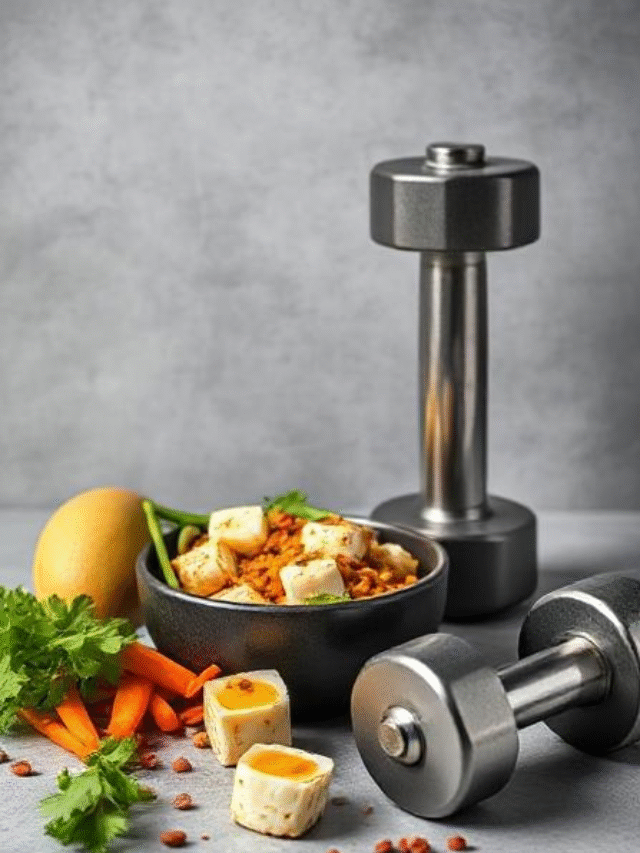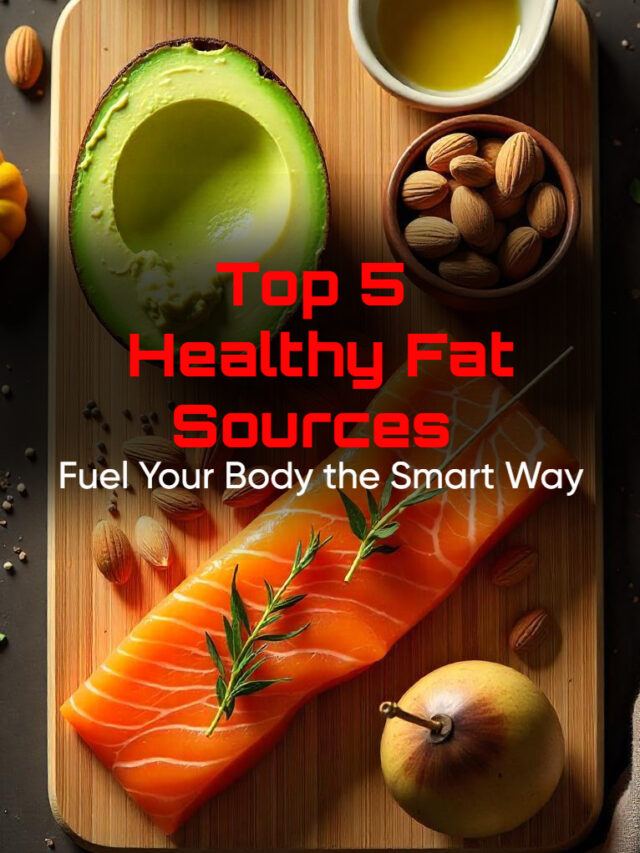What Is Protein And Its Benefits?

Protein is one of the essential macronutrients that our body needs to function effectively. It is often referred to as the building block of life because it plays a critical role in the growth, repair, and maintenance of body tissues. Whether you’re aiming to build muscle, lose weight, or simply maintain your overall health, protein is an indispensable nutrient that should be a part of your daily diet. But what exactly is protein, and why is it so important? Let’s take a closer look.
What is Protein?

Proteins are large, complex molecules made up of smaller units called amino acids. These amino acids are linked together in long chains and fold into specific shapes, determining the protein’s function. There are 20 different amino acids, and while some can be produced by the body, others must be obtained through food. The amino acids that the body cannot make are known as “essential amino acids,” and they must come from dietary sources like meat, eggs, dairy, legumes, and nuts.
The proteins in your body are involved in almost every function. They are a key component of your muscles, skin, hair, nails, enzymes, hormones, and immune system. Without protein, your body simply wouldn’t be able to maintain the many processes required for health.
Types of Protein
Proteins can be categorized into two main types:

1.Complete Proteins: These proteins contain all nine essential amino acids. Animal-based proteins, such as meat, poultry, fish, eggs, and dairy, are complete proteins. Some plant-based sources, like quinoa and soy, are also complete proteins.
2.Incomplete Proteins: These do not contain all nine essential amino acids. Many plant-based proteins, such as beans, lentils, nuts, and seeds, are incomplete, but by combining different plant-based sources, you can still get all the essential amino acids your body needs.
Benefits of Protein

1.Supports Muscle Growth and Repair:
Protein is crucial for muscle building and repair. If you’re an athlete or engage in regular exercise, your body requires more protein to help muscles recover from workouts. Protein helps repair muscle fibers that break down during physical activity, ensuring they grow back stronger.
2.Boosts Metabolism and Aids Weight Loss:
Protein has a higher thermic effect than fats or carbohydrates, meaning it requires more energy to digest. This process boosts your metabolism and can help you burn more calories throughout the day. Additionally, protein-rich foods keep you feeling fuller for longer, reducing cravings and preventing overeating, which can aid in weight management.
3.Improves Immune Function:
Proteins are integral to the production of antibodies and other immune system components that fight infections. Having a diet rich in protein can help strengthen your immune system, making it easier to fend off illnesses.
4.Maintains Healthy Skin, Hair, and Nails:
Your skin, hair, and nails are composed mostly of proteins, particularly keratin. Consuming adequate protein ensures that your skin remains healthy, your hair grows strong, and your nails stay resilient. A lack of protein can lead to hair thinning, brittle nails, and poor skin health.
5.Regulates Hormones and Enzymes:
Proteins also play a crucial role in producing enzymes and hormones that regulate important bodily functions. For example, insulin, a hormone that helps regulate blood sugar levels, is a protein, as are many enzymes that assist in digestion and metabolism.
How Much Protein Do You Need?

The Recommended Dietary Allowance (RDA) for protein varies based on age, sex, and physical activity level. For most adults, it’s about 0.8 grams per kilogram of body weight. Athletes or individuals engaging in heavy physical activities may need up to 1.2-2.0 grams per kilogram of body weight.
Conclusion
Protein is essential to overall health and well-being, playing a vital role in building and repairing tissues, boosting metabolism, supporting immune function, and much more. Including a variety of protein-rich foods in your diet is important to ensure you’re meeting your body’s needs. Whether you’re looking to build muscle, maintain a healthy weight, or simply improve your general health, ensuring you get enough protein is a critical part of a balanced diet.







